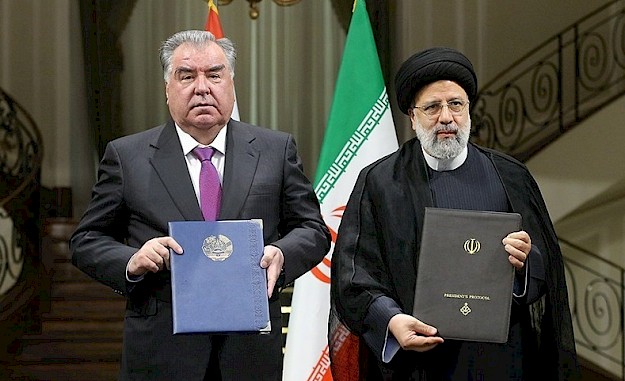Evgeny Troitskiy. Iranian Policy in Central Asia: Expansion of Influence

In 2022 – 2023, strengthening its influence in Central Asia became one of Iran’s key foreign policy objectives. The following factors have accounted for this trend:
- Iran’s apprehensions about the possible weakening of Russian positions in Central Asia due to the concentration of Russian resources on the Ukrainian crisis.
- The growing influence of Turkey in Central Asia. As Azerbaijan has in fact become Ankara’s junior partner and Turkmenistan is drifting closer to Turkey, Iran needs to avoid the “Turkish encirclement” from the north. The importance of the problem is exacerbated by the risks of involving the Azeri and Turkmen minorities in Iran into the attempts to destabilize the Islamic Republic.
- The pressure of the Taliban on the Afghan Hazara community, fears of Afghan refugees’ destabilizing impact on Iran, the heightened border and water contradictions with the Afghan authorities that resulted in military clashes on the Afghan – Iranian border in May 2023.
- The establishment of the new political regime in Pakistan in April 2022, followed by Islamabad’s rapprochement with the US.
- The completion of years-long process of Tehran’s admission into the Shanghai Cooperation Organization in July 2023.
- The normalization of relations with Saudi Arabia in March 2023 eased the pressure exerted by the alliance of the Arabian monarchies on the Islamic Republic, making it possible for Iran to divert part of its foreign policy resources from the Middle East to other foreign policy priorities...





